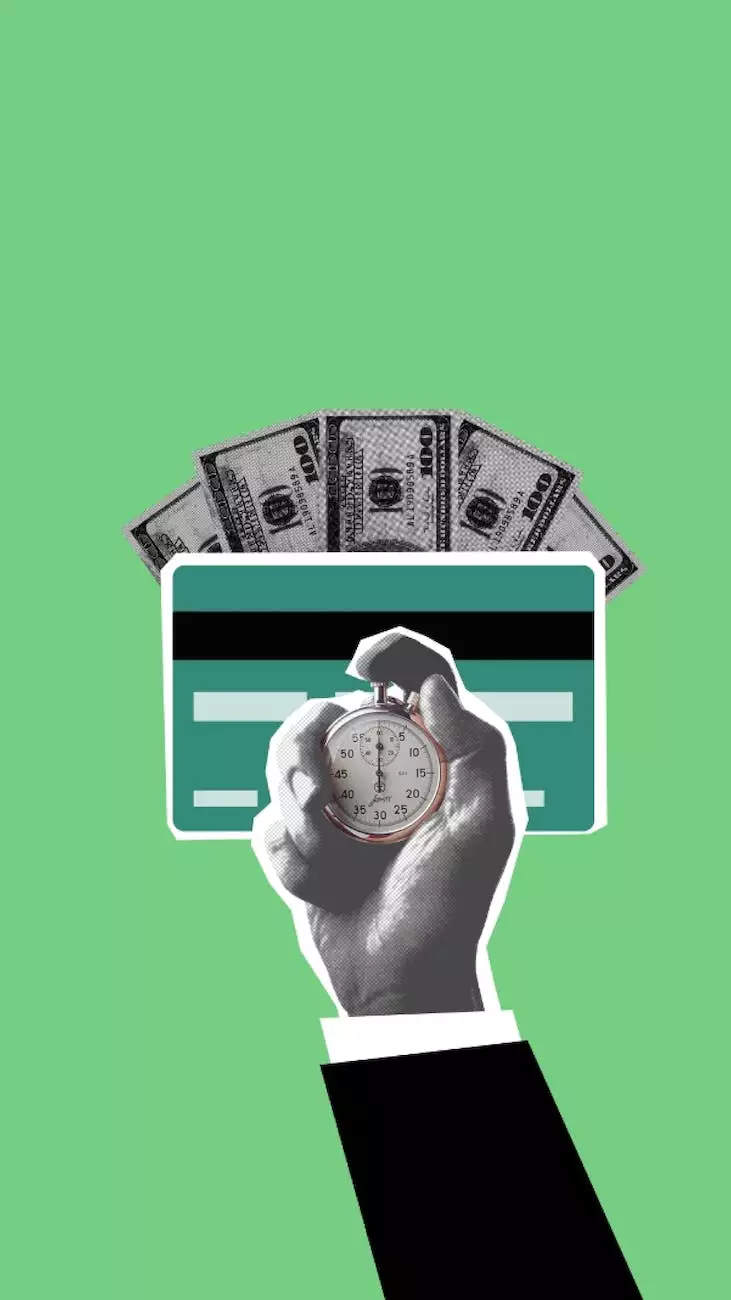Which Debt Should You Pay Off First?
Financials & Reports
Introduction
Welcome to Social Service of America - your trusted source of information on various philanthropic topics, including personal finance and debt management strategies. In this article, we will discuss the important question of which debt should you pay off first. By understanding the key factors involved in prioritizing your debts, you can work towards achieving financial stability and freedom.
The Importance of Prioritizing Debts
When faced with multiple debts, prioritizing them can be crucial in managing your financial situation effectively. By prioritizing, you can allocate your resources towards clearing the most pressing debts first, reducing the overall burden and increasing your financial well-being.
Understanding Debt Prioritization
Debt prioritization depends on various factors, including interest rates, loan terms, and the impact on your credit score. To make an informed decision, consider the following key factors:
1. High-Interest Debts
Start by addressing debts with the highest interest rates. These are typically credit cards or payday loans, which often come with exorbitant interest charges. By focusing on these debts first, you prevent them from accumulating further interest and save money in the long run.
2. Secured Debts
Secured debts, such as mortgages or car loans, should also be considered a priority. Failure to make payments on secured debts can lead to repossession of the collateral. Protecting your home and vehicles is crucial for maintaining stability in your life.
3. Penalty-Inducing Debts
Some debts, like tax debts or unpaid fines, may come with penalties or legal consequences if left unresolved. These must be addressed promptly to avoid accruing additional costs or potential legal actions.
4. Emotional Impact of Debts
While it may not have a direct financial benefit, tackling debts that have a significant emotional impact can provide you with the motivation and peace of mind to address other debts. It is essential to consider the psychological impact of debts and address them accordingly.
Developing a Debt Repayment Plan
Now that we understand the factors influencing debt prioritization, let's explore how to develop an effective debt repayment plan:
1. Assess Your Debts
Start by creating a comprehensive list of all your debts, including their outstanding balances, interest rates, and minimum monthly payments. This will provide a clear snapshot of your financial obligations.
2. Set Clear Goals
Define your financial goals, such as becoming debt-free within a specific timeframe or reducing your interest payments. Clear goals give you a sense of direction and motivation throughout the debt repayment process.
3. Evaluate Your Budget
Analyze your income and expenses to determine how much you can allocate towards debt repayment each month. Consider cutting back on non-essential expenses to free up more funds for debt repayment.
4. Apply Debt Avalanche or Debt Snowball Methods
Two popular strategies for prioritizing debt repayment are the debt avalanche and debt snowball methods:
- Debt Avalanche: With this method, you pay off debts with the highest interest rates first, regardless of the outstanding balance. This approach minimizes the overall interest paid over time.
- Debt Snowball: This method involves paying off debts with the smallest balances first, irrespective of the interest rates. The idea is to build momentum and motivation by experiencing small victories early on.
5. Seek Professional Guidance
If you find it challenging to develop a debt repayment plan or navigate through complex financial situations, consider seeking guidance from a reputable credit counselor or financial advisor. They can provide personalized advice based on your specific circumstances.
Conclusion
In summary, prioritizing your debts is essential for achieving financial stability. By paying off high-interest debts, secured debts, penalty-inducing debts, and addressing those with emotional impact, you can gradually eliminate your financial liabilities. Remember to develop a clear and effective debt repayment plan, evaluate your budget, and apply suitable debt prioritization strategies. Take control of your financial future and embark on a journey towards a debt-free life. Social Service of America is here to support you along the way.










